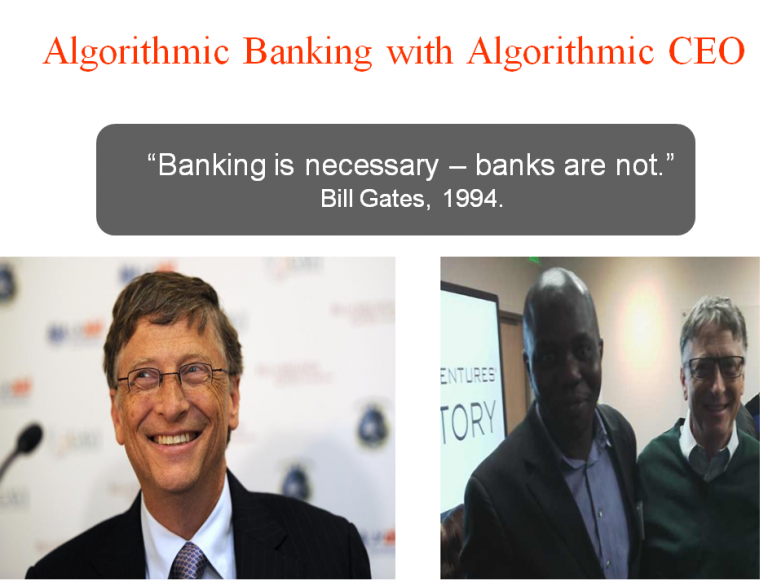
The US Securities and Exchange Commission has approved the New York Stock Exchange’s plan to allow primary direct listings, and that is a big call to close 2020. With this, companies and startups will have the opportunities to raise money on the New York Stock Exchange without paying big underwriting fees to banks. In other words, there is a new framework for initial public offerings in the United States.
The Securities and Exchange Commission announced Tuesday that it had approved an NYSE Group Inc. plan for so-called primary direct listings. The change marks a major departure from traditional IPOs, in which companies rely on investment banks to guide their share sales and stock is allocated to institutional investors the night before it starts trading. Instead, companies will now be able to sell shares directly on the exchange to raise capital — something that’s not been previously been allowed.
Direct-listing IPOs have been limited to date, as they’ve mostly been used by businesses that wanted to create liquidity events for early investors or management to cash out by selling stock, as opposed to issuing new shares that attract billions in fresh money. In September, workplace management software maker Asana Inc. and Palantir Technologies Inc., the data-mining company founded by billionaire Peter Thiel, used direct listings to go public.
Bill Gates famously said many years ago, “banking is necessary, but banks are not”, and we are just appreciating another dimension of the excellence of his mind. Simply, few understood the meaning of that statement when he said it in 1994!
Today, the fintechs are after the bank fees, and now the SEC has taken the golden parachute out of the reach of investment banking. This is a double whammy in the modern banking trade.
But if you look critically, this is not a hard call for the SEC: technology has reduced information asymmetry, making it possible for demand and supply to attain equilibrium faster at reduced cost models. Uber used codes and mobile internet to make it possible for a stranger to pick a stranger, and both happily get to a destination. Those codes deepened trust in the system.
Airbnb did the same when software “ate” our fears, making it possible to invite strangers to your house for largely nothing. (Your grandmother would’ve been unhappy that you are hosting that stranger). If you checked, Airbnb brought trust, making it possible for strangers to attain trust equilibrium by removing the old frictions which existed and why your grandmother told you, “never visit and stay in the house of a stranger”.
For Wall Street, the new SEC call on direct listing follows the same trajectory: if we know so much about companies, even when they are private, we do not need banking high priests to guide us to buy their shares. Yes, let those firms sell the shares directly to us because we already know what they have got. North and south, software is “eating” the investment and securities banking opportunities. And this redesign will get to other sectors.
But before I go, should we expect direct listing in the Nigerian Stock Exchange at scale?
---
Register for Tekedia Mini-MBA (Sep 15 – Dec 6, 2025), and join Prof Ndubuisi Ekekwe and our global faculty; click here.

